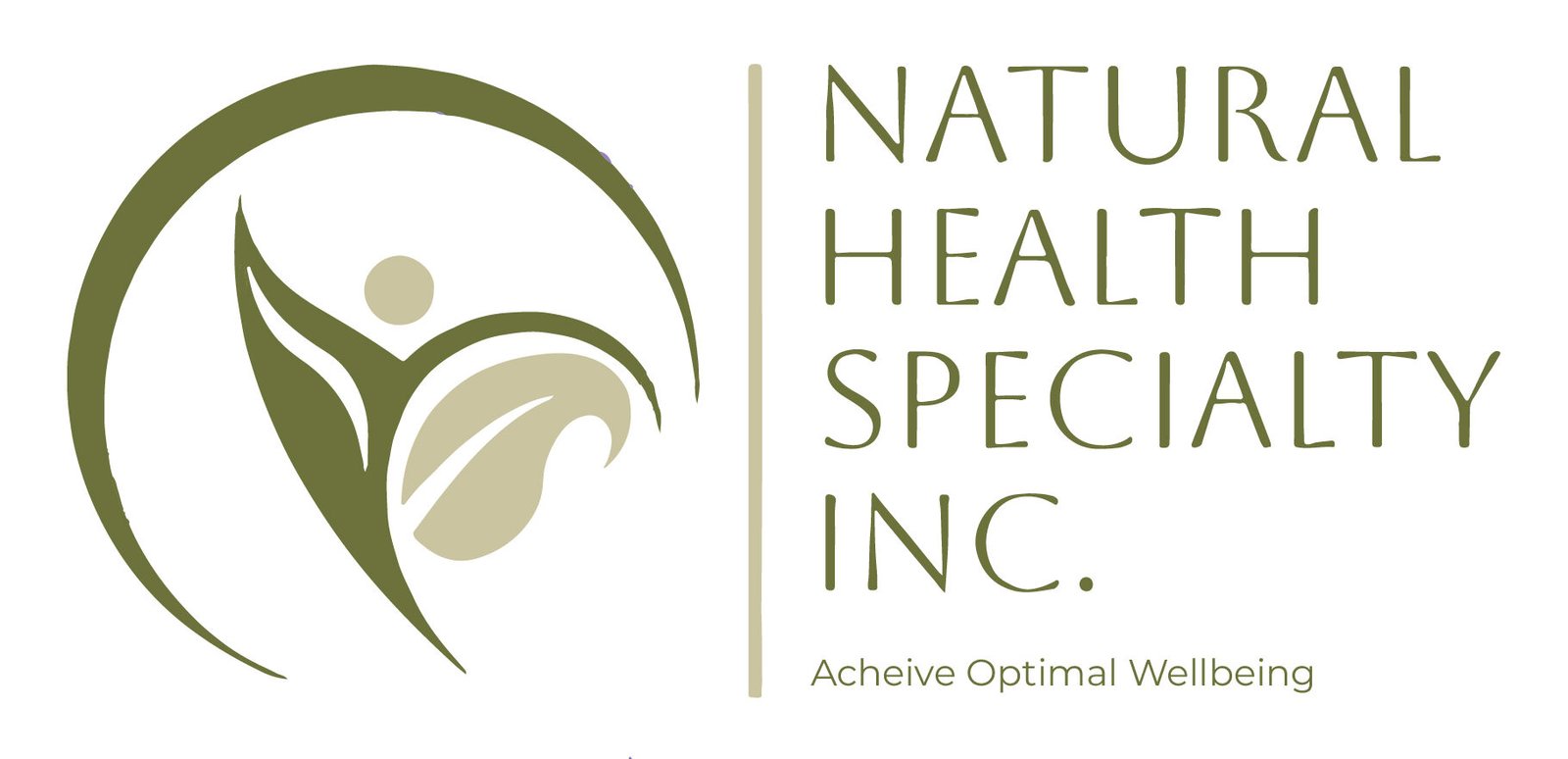As a seasoned clinical nutritionist, I often encounter a prevalent misconception that blurs the lines between the roles of a Certified Clinical Nutritionist (CCN) and a dietitian. While both professions revolve around nutrition, their training, approaches, and areas of expertise differ significantly.
Dietitians are trained professionals who focus on nutrition, food science, and diet planning. Their primary role is to assess an individual’s nutritional status and requirements, providing guidance on diet plans based on established guidelines like the USDA Dietary Pyramid and exchange lists. Dietitians commonly serve as intermediaries between clients and food service departments in various settings, including hospitals, schools, and other public or private institutions. However, it’s important to note that dietitians typically do not delve into dietary supplements, herbs, homeopathic remedies, or other natural substances. Their focus remains on traditional food sources and structured dietary plans. This limitation can leave gaps for individuals seeking a more holistic approach to nutrition and health.
In contrast, Certified Clinical Nutritionists take a broader and more individualized approach to health. A CCN acknowledges biochemical individuality and emphasizes assessing a person’s nutritional needs to promote optimal physiological function. This approach is gaining traction, supported by a growing body of scientific evidence that underscores the importance of whole foods and nutritional supplements in maintaining health and aiding the body in disease prevention and recovery. Many common health conditions, such as acne, arthritis, asthma, depression, diabetes, hormone imbalances, and irritable bowel syndrome, can often be effectively managed through targeted dietary measures. This holistic perspective is rooted in several key philosophical differences between CCNs and dietitians.
At the core of a CCN’s philosophy is the belief that nutritional deficiencies can lead to a variety of psychological and physical disorders. Research, combined with my two decades of clinical experience, suggests that addressing these deficiencies can significantly improve health outcomes. Furthermore, CCNs recognize that the modern food supply often falls short of nutritional needs due to factors such as depleted soils, harmful farming practices, and the prevalence of pesticides and preservatives. This acknowledgment drives a focus on whole foods and appropriate supplementation.
Understanding an individual’s unique biochemical makeup is crucial for effective nutritional therapy. A CCN utilizes advanced biochemistry and laboratory assessments to tailor dietary recommendations and supplementation to each client. CCNs are trained to recommend therapeutic nutritional supplements based on specific biochemical applications. This training allows us to provide targeted nutritional interventions that can significantly impact a person’s health. The field of clinical nutrition is dynamic, requiring practitioners to engage in ongoing research and education to stay informed about the latest advancements and innovations in nutrition science.
Navigating the dietary supplement landscape can be challenging, especially since the industry in the U.S. is largely self-regulated. This environment can lead to controversy and confusion among consumers. In my practice, I prioritize quality by utilizing only professional-grade supplements. These products undergo rigorous scrutiny and are not available in commercial health food stores or online. Instead, they are sold exclusively to licensed health care practitioners, ensuring a higher standard of quality and effectiveness.
A CCN is trained to use dietary supplements responsibly and for specific therapeutic purposes. Before recommending any product, I conduct thorough laboratory assessments and screening applications to ensure the supplement aligns with my client’s individual needs. This careful approach extends to every aspect of supplementation, including application, acquisition, dosage, and duration. When working with clients, I emphasize the importance of understanding their test results. I take the time to educate them on the rationale behind my recommendations, providing scientific evidence to support my interpretations. My clients are empowered participants in their healing journey, and I encourage them to take an active role in their health and well-being.
The distinction between a Certified Clinical Nutritionist and a dietitian is crucial for anyone seeking guidance on their health journey. While dietitians provide valuable services focused on dietary planning and nutrition assessment, CCNs offer a more personalized, holistic approach that encompasses biochemical individuality and therapeutic supplementation. By understanding these differences, individuals can make informed decisions about their nutritional care, ensuring they receive the most appropriate support for their unique health needs.


Hi, this is a comment.
To get started with moderating, editing, and deleting comments, please visit the Comments screen in the dashboard.
Commenter avatars come from Gravatar.